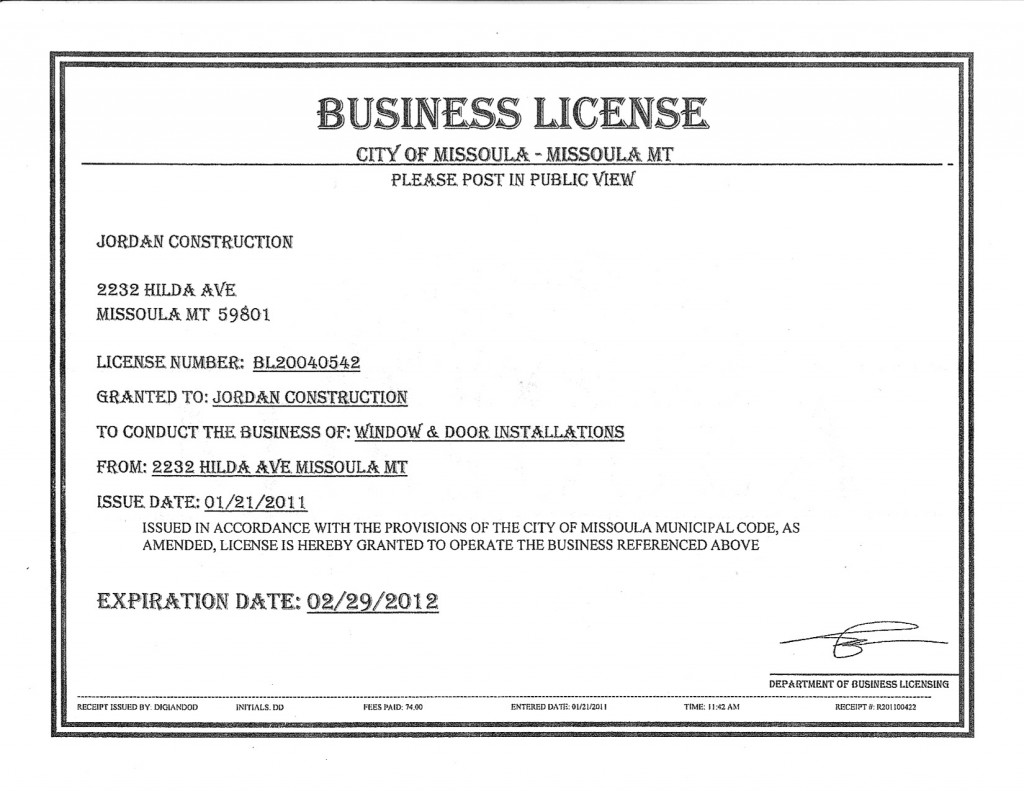
A career in water quality science is an exciting and challenging job with a wide range of opportunities. A degree in water quality science is important, but there are many paths to entry that are less technical. Water quality scientists can work at all levels of the water supply chain, from local to national to international. Consultants are a good choice for those with a lot of experience.
Qualifications
Water quality scientists study both the environmental effects and impacts of pollutants in rivers, lakes, and streams. Some focus on ecosystems while others study human-made systems, such as wastewater treatment facilities and drinking water supplies. In this case, water quality experts may be required to both protect the environment as well as ensure that these systems are safe. Others focus on the coast.
If you want to work in this field, a degree in water science is an ideal start. Some universities offer postgraduate courses related to this area. Some universities offer apprenticeships that combine part time study and paid work.

Work environment
Water quality scientists are responsible for protecting water supplies. This is accomplished through analysis, testing, regulatory, and regulation. They are usually experts in drinking water, groundwater or surface water. You may also be compensated according to the nature of your work. Salaries for water-quality analysts vary depending on their education, years of experience, and the responsibilities they have.
A water quality scientist will test water samples according to scientific standards. They can also provide recommendations to improve water quality. They will also inspect water quality issues and offer expert advice about pollution prevention and safe release of industrial effluents. The starting salary for a water scientist is approximately PS18,500. However, this can vary from PS25,000 to PS25,000. The job usually requires a full-time commitment, and may require traveling frequently.
Salary
A water quality specialist collects water samples from various sources. The samples are tested using approved scientific procedures to detect pollutants and give solutions to improve water quality. They are also responsible for inspecting sites suspected of polluting and providing advice on how to safely discharge sewage and industrial effluents. Salaries for this role range from PS1800 to PS25,000 per year. Water quality scientists can work in a consulting firm or for the government.
The national average for a Water Quality Scientist salary is approximately $92,500. Some cities pay considerably more. Water quality scientists can also be eligible for annual bonuses depending on their performance. A typical package of compensation may include travel benefits, insurance, pension, or health insurance. Most water quality scientists work five days a week, but some may work shifts. The job also requires frequent travel to conduct quality testing and inspections.

Education
A degree in a relevant scientific field is required to be a water quality science scientist. The degree should contain both an analytical and a biological component. This is a highly-specialized field. Candidates should have a strong sense for organisation and detail. The Chartered Institution of Water & Environmental Management should generally accredit degree programs. These degrees can also be a huge advantage and may be required by some employers.
Water quality scientists may choose to continue their training or certifications after they have earned a degree. A PhD will enable water quality scientists to expand their knowledge and boost their career prospects. A PhD can prepare scientists for teaching, academic research, and high-level government jobs. This degree will give applicants the confidence to seek out responsible positions in the public service. A post at a government agency can be a great choice for professionals who are passionate about water quality.
FAQ
How do I become a successful consultant?
It is important to identify an area of passion. First, build relationships. Knowing what your clients want and how they work is key. Finally, you must deliver results.
While you don’t have to be the greatest at everything, you have to be better than everyone else. You need passion for what your do. It doesn't suffice to say, "I will be a consultant." It is important to believe in yourself and the work you do.
What is a consultant?
Consultants are those who offer services to other people. It's not a job title. A consultant is a role that helps others achieve their goals. By helping people understand their options and helping to make the right decisions, you do this.
Consultants are experts at finding solutions to problems and challenges that arise when working on projects. They offer guidance and advice about how to implement such solutions.
Any questions you have about business, technology and finance, leadership or strategy, human resource management, customer service, customer service, or any other topic, a consultant can answer them.
Why would a company want to hire a consultant for their business?
A consultant provides expert advice on how to improve business performance. Consultants are not there to help you sell products.
Consulting helps companies make better decisions. They provide sound analysis and offer suggestions for improvement.
Consulting often works closely with senior management teams in order to help them understand the steps they must take to succeed.
They offer coaching and leadership training to help employees achieve their highest potential.
They can help businesses reduce costs, streamline processes, and increase efficiency.
Statistics
- WHY choose me: Why your ideal client should choose you (ex: 10 years of experience and 6-week program has helped over 20 clients boost their sales by an average of 33% in 6 months). (consultingsuccess.com)
- According to IBISWorld, revenues in the consulting industry will exceed $261 billion in 2020. (nerdwallet.com)
- "From there, I told them my rates were going up 25%, this is the new hourly rate, and every single one of them said 'done, fine.' (nerdwallet.com)
- Over 62% of consultants were dissatisfied with their former jobs before starting their consulting business. (consultingsuccess.com)
- Over 50% of consultants get their first consulting client through a referral from their network. (consultingsuccess.com)
External Links
How To
How do you find the best consultant?
The first thing to do when looking for a new consultant is to ask yourself what you want from him/her. Before you look for someone, you need to be clear about your expectations. Before you start looking for a consultant, make a list. This could include: professional expertise and technical skills, project management capabilities, communication skills, availability, etc. After you have listed your requirements, it might be a good idea to ask colleagues and friends for their recommendations. Ask them if they had any bad experiences with consultants previously and see how their recommendations compare with yours. If you don't have any recommendations, try doing some research online. You will find many websites such as LinkedIn, Facebook Angie's List, Indeed and Indeed where people can leave reviews about their past work experiences. Look at the ratings and comments left by others and use this data as a starting point for finding potential candidates. Once you have a short list of candidates, contact them to arrange an interview. Talking through your requirements during the interview is a good idea. Ask them questions about how they can assist you in achieving those goals. It doesn’t matter who recommended them to you, just make sure they understand what you are trying to achieve and how they can help.